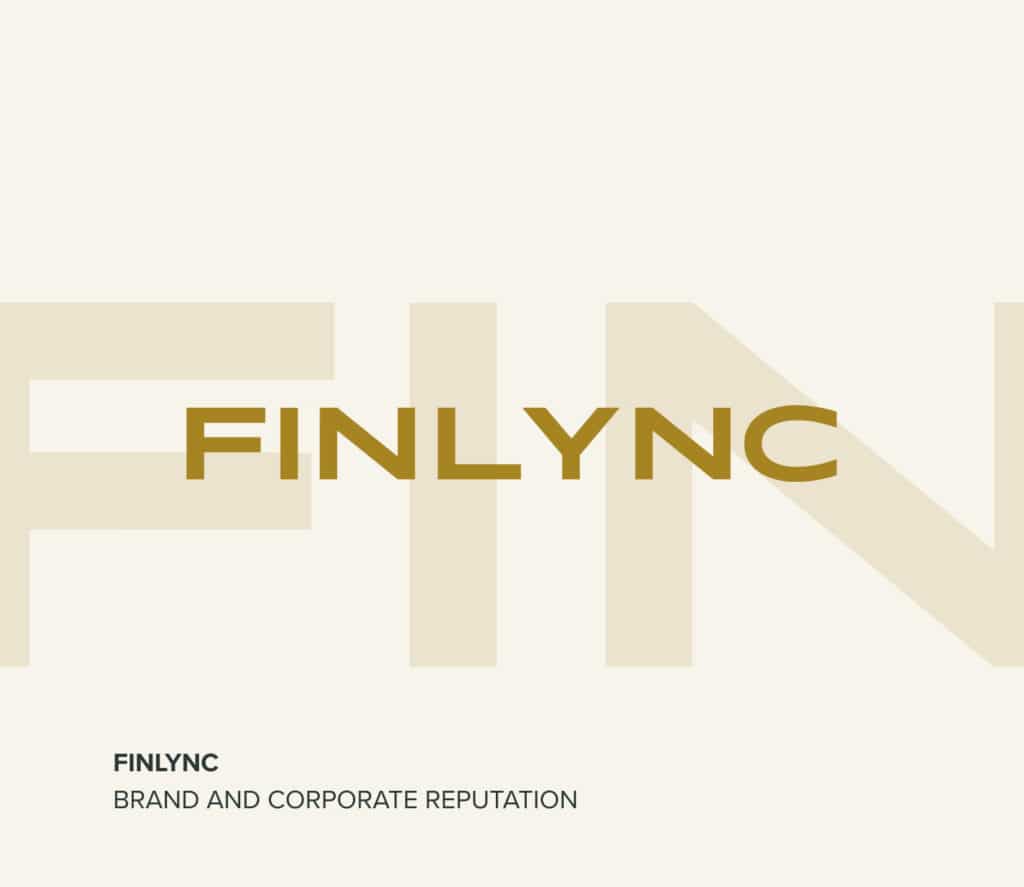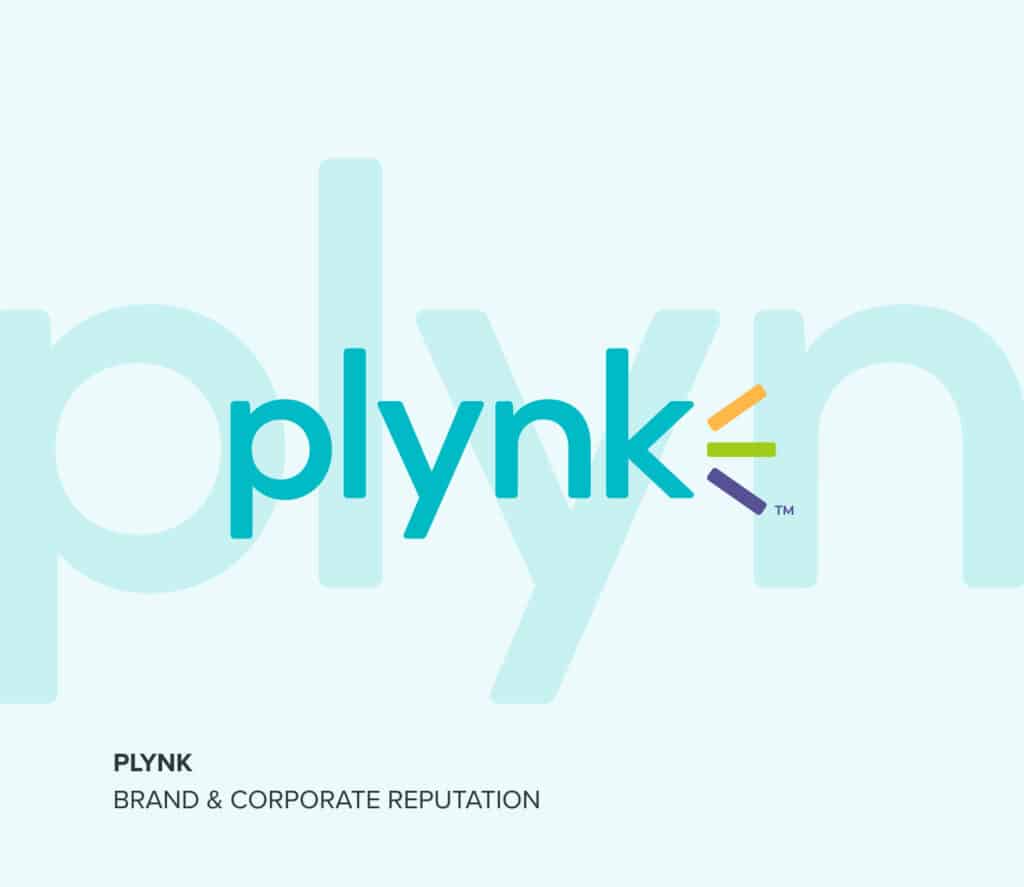Earlier this week I had the great privilege to join 400 investment management professionals at the CFA ESG Investing Conference in London. This was the opportunity for the investment community to meet and hear from some of the leading voices on ESG, with a succession of insightful perspectives from investment managers, asset owners, associations and even the Governor of the Bank of England, Mark Carney. It was also an opportunity to assess the current industry thinking and get an idea of the direction responsible investment is likely to take in the next 5 to 10 years.
First of all, it is worth noting that the great majority of these attendees were traditional investment management professionals rather than the ESG experts and enthusiasts usually encountered at this type of industry gathering.
This unusual crowd is certainly indicative of the great momentum behind responsible investment and also perhaps one of the reasons why conversations seemed to go one step further than the slightly repetitive ESG narrative of the past couple of years. It would be impossible for me to cover all aspects of yesterday’s event but here are a few observations on some of the challenges and opportunities for the investment industry.
- Whether you are an active or a passive manager, the expectations from end-investors and other key stakeholders will be for you to demonstrate active ownership and a successful engagement strategy. Beyond the ESG expertise, taking a position on key issues impacting businesses you invest in but also your ongoing engagement with these businesses will be critical to remaining relevant in an ever more competitive industry. If divestment or exclusion is still an accepted tool, engagement is seen a more compatible with fulfilling fiduciary duties and more supportive of responsible investment. This is true for both public and private markets.
- But engaging with businesses you invest in is not enough. There is also a great opportunity in having important conversations with investee companies’ key stakeholders such as industry bodies, regulators and policymakers. This is particularly relevant for passive managers as understanding and contributing to shaping a sustainable economic environment is seen as one of the best ways to mitigate any potential risks and ensure that the index you track continues to perform. From an asset owner and investment consultant perspective, managers able to demonstrate that they regularly speak to the regulator and policymakers will score valuable brownie points.
- Which brings us to engage with clients. The days of “tell me what you want and we’ll do it for you” are over in the institutional space. Asset owners will increasingly demand managers act before being asked to and will expect them to proactively provide ideas and recommendations on ESG investing. They are hiring you for your unique investment expertise and philosophy after all. Beyond reporting requirements, ESG provides your team of communications consultants with an opportunity to get creative. Infographics and comparisons seem to be appreciated by trustees who prefer to know “how many cars off the streets” your strategy represents rather than an intangible CO2 metric.
- ESG integration to a firm’s overall investment decision making process is critical to its success. That doesn’t mean that it should take precedent but if you’re going to have analysts or even an in-house ESG specialist doing the work, it is essential that it is fully integrated into your process rather than being just another theme to consider. This suggests a cultural shift and the need for managers to embed elements of ESG investing in their core investment strategy. It also suggests that we’ll be moving from isolated ESG investment products to ESG is an integral part of the investment strategy.
- We’re stronger together. In the UK, the fragmented pension industry means that it has been more difficult for asset owners and their managers to have a significant impact compared to markets like the Netherlands for example. While industry consolidation is a route towards greater leverage, there is hope that collaboration and a coordinated approach between participants can deliver success (think UNPRI). Putting competition aside and leveraging technology to create a joint approach with like-minded entities should also be a focus in the coming years.
ESG tools and solutions are being built, standards being established and, while there is still huge room for improvement, the focus seems to be there. But to be credible in the eyes of asset owners and end-investors, investment managers need to develop new strategies and demonstrate successful engagement with a wide range of stakeholders impacting their investment. Only then will they be able to capture a market eager to drive positive change.


